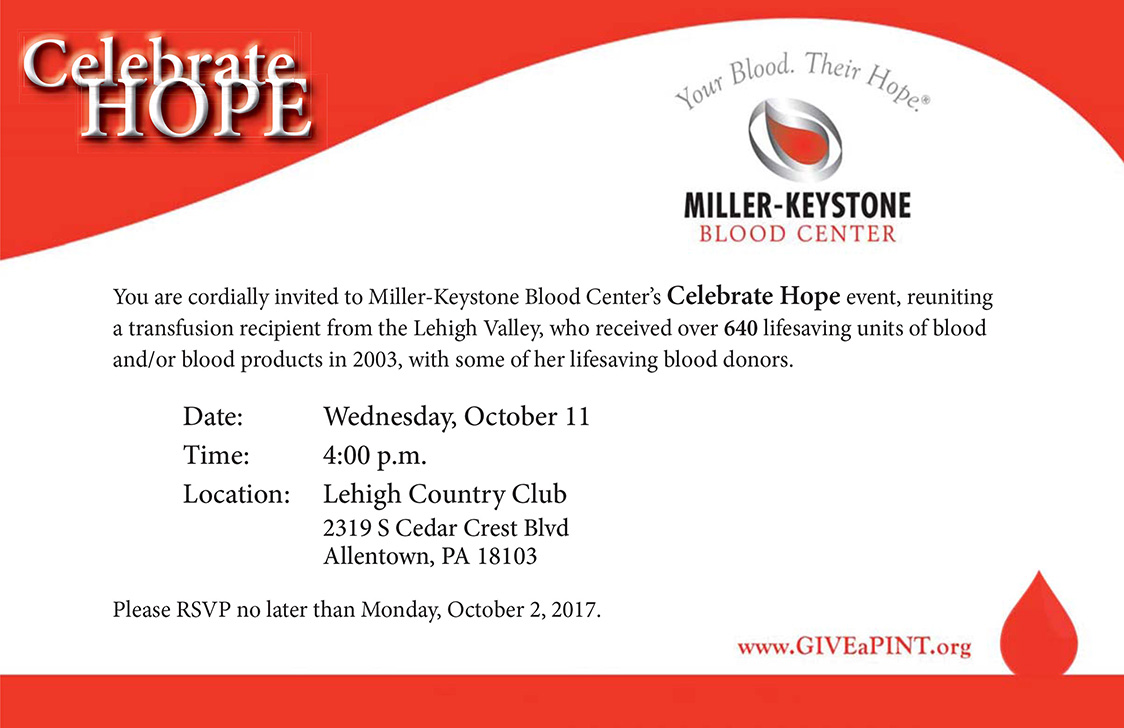Revocable Living Trusts – One Way to Avoid Probate?
by Gladys Wiles of Snyder & Wiles, P.C. Attorneys At Law

Gladys Wiles Esquire
Probate is the process of administering the estate of a person who has died. This process of probating, includes collecting, inventorying and appraising assets; paying and collecting debts; filing and paying estate taxes; and distributing any remaining assets to beneficiaries. Attorneys, such as Gladys E. Wiles, experienced in probate and estate administration can help simplify this complicated process and provide guidance along the way.
Probate can be an expensive, drawn-out process, especially for beneficiaries who may have to wait anywhere from one to two years to receive the property left to them in the will. There are certain types of assets that do not have to go through probate and become available to the beneficiaries upon death of the decedent. These generally include: Property owned in joint tenancy with rights of survivorship; Payment on Death (POD) bank accounts; Transfer on Death (TOD) securities; Life insurance proceeds; IRAs, 401(k)s, and other tax-deferred retirement plan proceeds and Revocable Living Trusts.
Revocable living trusts are similar in form and substance to wills. These instruments allow the creator (the testator) to transfer the title of ownership of property to the trust. During life, the testator can remain in control of his or her assets, with the ability to sell, buy or transfer property as he or she wants. The trust also can be changed or terminated at any time by the testator.
Upon death, the property in the trust does not become part of the probate estate because title to the property is owned by the trust, not the decedent. The trustee designated in the revocable living trust will then be in charge of administering the trust and distributing property to the beneficiaries in accordance with the terms of the instrument. Revocable Living Trust do not avoid the filing of an Inheritance Tax Return or the tax implications that may be associated with an Inheritance.
Many people use revocable living trusts as a way to limit the amount of property subject to probate. Revocable living trusts are often advertised as a way to avoid probate all together, but often they are coupled with a will that disposes of any property not specifically named in the trust.
Conclusion:
Guiding an estate through the probate process and effectively administering that estate requires a keen understanding of probate and tax laws. If you need help in administering an estate, contact Gladys E. Wiles, who is experienced in probate and estate administration so that she may ensure that the most effective administration of the estate is accomplished.
Questions Concerning Probate or Revocable Living Trusts, CALL:
Gladys E. Wiles, Esquire (610) 391-9500
7731 Main Street, Fogelsville, PA 18051
http://www.snyderwileslaw.com/


Leave A Comment